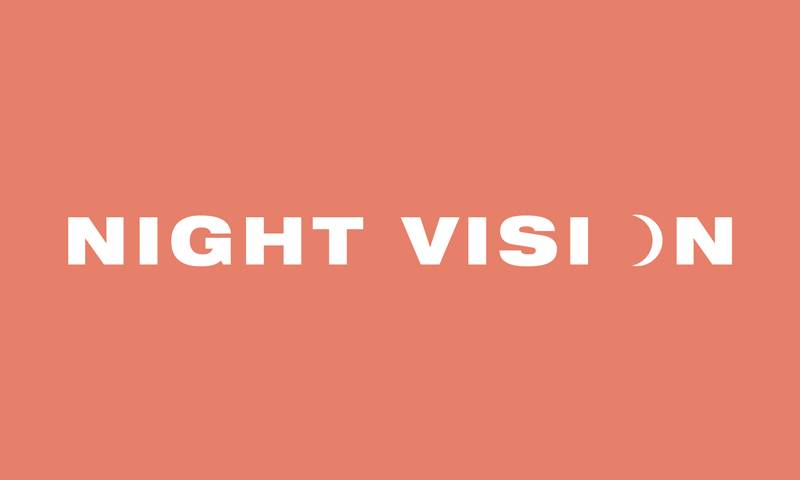Research by UCL Urban Laboratory has found that the number of LGBTQ+ venues in London has more than halved in the past decade, eroding a crucial social infrastructure.

Essay 06: Ben Campkin and Laura Marshall
Urban Laboratory
A proliferation of closures of night-time and day-time venues serving London’s LGBTQ+ communities in recent years has led to the creation of campaign groups fighting to protect threatened establishments and to re-open long-standing venues that have already closed. Growing unease around the closures has been well documented in the local and national press, and widely acknowledged by LGBTQ+ communities and organisations, as well as by the Greater London Authority (GLA) and the Mayor of London, Sadiq Khan. Yet, the evidence for what has been happening was largely anecdotal and piecemeal.
To provide more robust evidence, Urban Lab began researching London’s LGBTQ+ nightlife in May 2016. We wanted to understand the factors driving closures, on-going threats to venues and the impact on members of London’s LGBTQ+ communities. The first phase of our research was designed in collaboration with Raze Collective (which represents LGBTQ+ performers) and Queer Spaces Network (a group interested in supporting spaces for the LGBTQ+ community). This pilot examined LGBTQ+ nightlife in London between 1986 and the present – 1986 being the year when the Greater London Council was disbanded, which instigated significant shifts in urban regeneration policy and practice.
Combining archival research, surveys, public workshops, interviews and literature reviews, the research evidenced – for the first time – the recent intensity of closures among London’s LGBTQ+ nightlife spaces and demonstrated significant impacts upon the most long-standing and community-valued venues. The findings illuminated the distinctive diversity of the capital’s LGBTQ+ nightlife and the important contributions that venues make to neighbourhoods and community life, wellbeing, culture and the night-time economy. However, the research also highlighted unequal representation, power dynamics and access to space within LGBTQ+ communities. In other words: how members of LGBTQ+ communities have been affected by closures and threats to venues is not clear cut. It is shaped by intersecting structural oppressions and aspects of people’s identities and experiences, including age, ethnicity, gender, sexuality and disability. For instance, venues serving women and Black, Asian and Minority Ethnic (BAME) LGBTQ+ communities have been disproportionately vulnerable to closure. However, the most prominent media, activist and community conversations largely focus on venues that have predominantly served communities of white, cisgendered, gay men.
Recognising the significance of these findings, the Mayor of London commissioned Urban Lab to develop the project further in order to positively inform his new Cultural Infrastructure Strategy and the work of the newly appointed Night Czar, Amy Lamé. In this second phase of work, we ascertained that the number of LGBTQ+ venues in London had fallen by 58% (from 121 to 51) since 2006.
News of this dramatic drop received high-profile press coverage, including on BBC London News and ITV News, and in The Architects’ Journal, The Daily Telegraph, The Economist, The Guardian, Time Out and The New York Times. Behind the statistics, Urban Lab’s research identified three key factors driving closures: the negative impacts of large-scale developments on venue clusters; a lack of safeguarding measures in the existing planning system; and the sale of property or change of its use by landlords. Venue owners, operators and clients have severely limited negotiating power compared with large organisations, and disproportionate rent increases were often implemented in the context of redevelopment and/or gentrification.
Beyond accounting for licensed establishments, we also highlighted the need to recognise the significance of LGBTQ+ nightlife events, hosted in a range of venues, in order to capture a comprehensive understanding of London’s LGBTQ+ nightlife. Doing so evidences a growing number of events serving women, trans, non-binary and BAME communities, who would otherwise lack dedicated venues (which are overwhelmingly owned and managed by – as well as predominantly serving – white, cisgendered, gay men). Findings also showed that long-standing events have important and enduring social outreach functions and value to LGBTQ+ communities, and illuminated a resurgence of venues in South-East London, where LGBTQ+ nightlife existed historically but had declined until recently.
Our findings were documented in the report LGBTQ+ Cultural Infrastructure in London: Night Venues, 2006-present, released in July 2017 and will inform the GLA’s forthcoming Cultural Infrastructure Strategy. In the short term, the research findings have already shaped the Mayor’s LGBTQ+ Venues Charter – a pledge designed to help safeguard venues for London’s LGBTQ+ communities and to act as a tool for communities and developers to work productively with the GLA and Night Czar to retain and re-provide venues. Beyond planning and policy realms, Urban Lab has presented findings from the research in a range of settings such as Tate Modern, the Science Museum, Sutton House, the Peckham Festival and the Royal Academy of Arts. The research is now moving into a new phase, which will see it include further historical and international comparative work.
Dr Ben Campkin is Director of UCL Urban Laboratory. @BenCampkin @LgbtqiLDN
Laura Marshall is a PhD candidate in the UCL Geography Department and Research Assistant on UCL Urban Laboratoryís LGBTQ+ London nightlife project. @Ms_L_Marshall
 Close
Close

